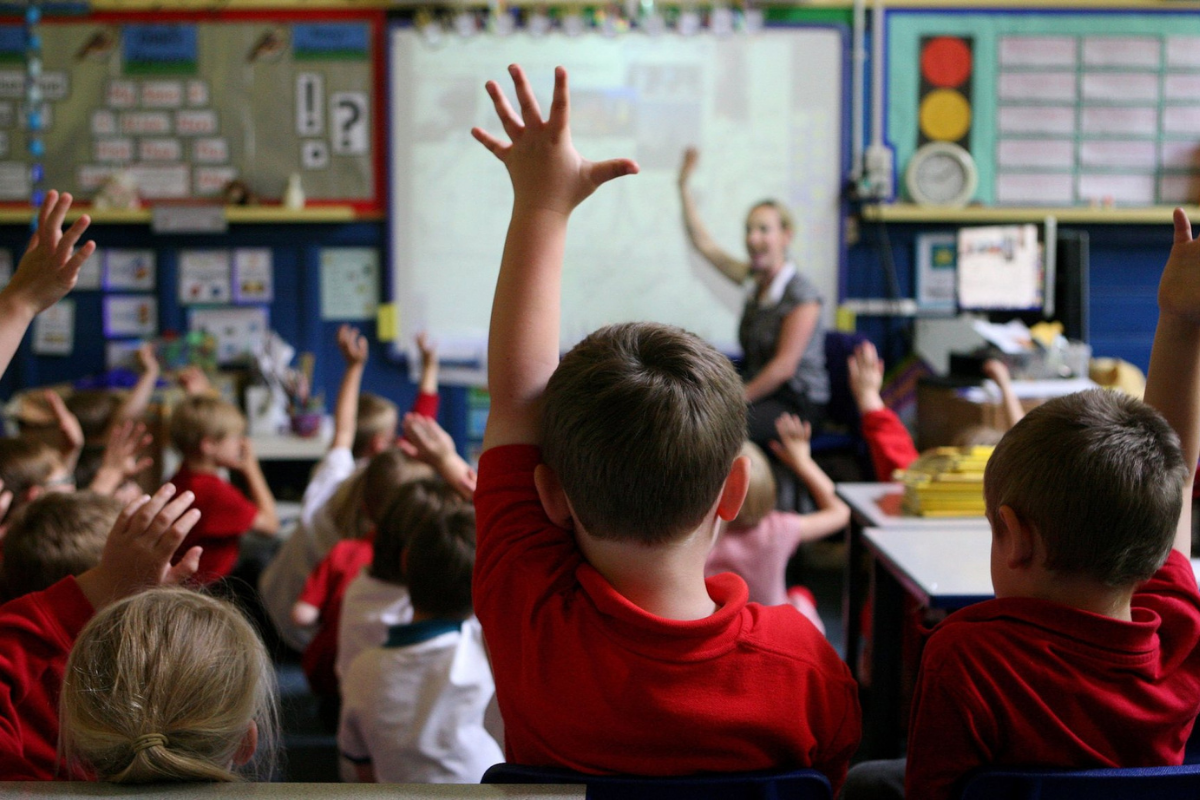EWWD
The link between education and social mobility
—

What is social mobility?
The phrases ‘upper class and lower class’, ‘she comes from a good family’, ‘he married above his station’, are all identifiers of the division in social class. Social mobility links to this and looks at whether people are able to change their economic and social status in society. The ability to do so varies greatly by country, and it is shown that there is a strong relationship between high levels of income inequality and low levels of social mobility1.
How does education impact social mobility?
Across most of the UK, it is found that where a child starts out will determine where they end up as an adult. Educational institutions and their admission, selection and certification processes may play a significant role in reducing or maintaining social inequality, as they have the chance to give students improved opportunities over their outcome later on in life2.
Although qualifications are the main factor behind this disadvantage, other areas of education have an influence on the outcome as well. Students that have access to opportunities such as work experience, careers advice and extracurricular activities will be more likely to be successful at a later stage in life, as they gain the benefit of looking more attractive to future employers or being able to decide on a career path from an early age.
However, more often than not students from a disadvantaged background will not have the same level of access to these opportunities, meaning that those from an advantaged background have even more of a chance to be hired for competitive jobs3.
What can schools do to improve social mobility?
One way that schools can boost social mobility is by broadening the aspirations of children from an early age. In many cases, it’s not that children from disadvantaged backgrounds lack aspiration for careers, but often have unrealistic or narrow views on them. With the right guidance from teachers and careers advisors, these children can be influenced towards healthy aspirations and in turn improve their social mobility4. Some research even indicates that this should start as soon as in primary school, to be able to tackle the stereotypes surrounding jobs from a young age5.
Conclusion
Many factors determine a society’s social mobility, but education is a key element towards improving it for the younger generation, by focusing on encouraging aspirations and providing opportunities for children of all backgrounds equally. This may be easier said than done, but it is a worthy goal to stride for as it can truly have an impact on the students’ futures.